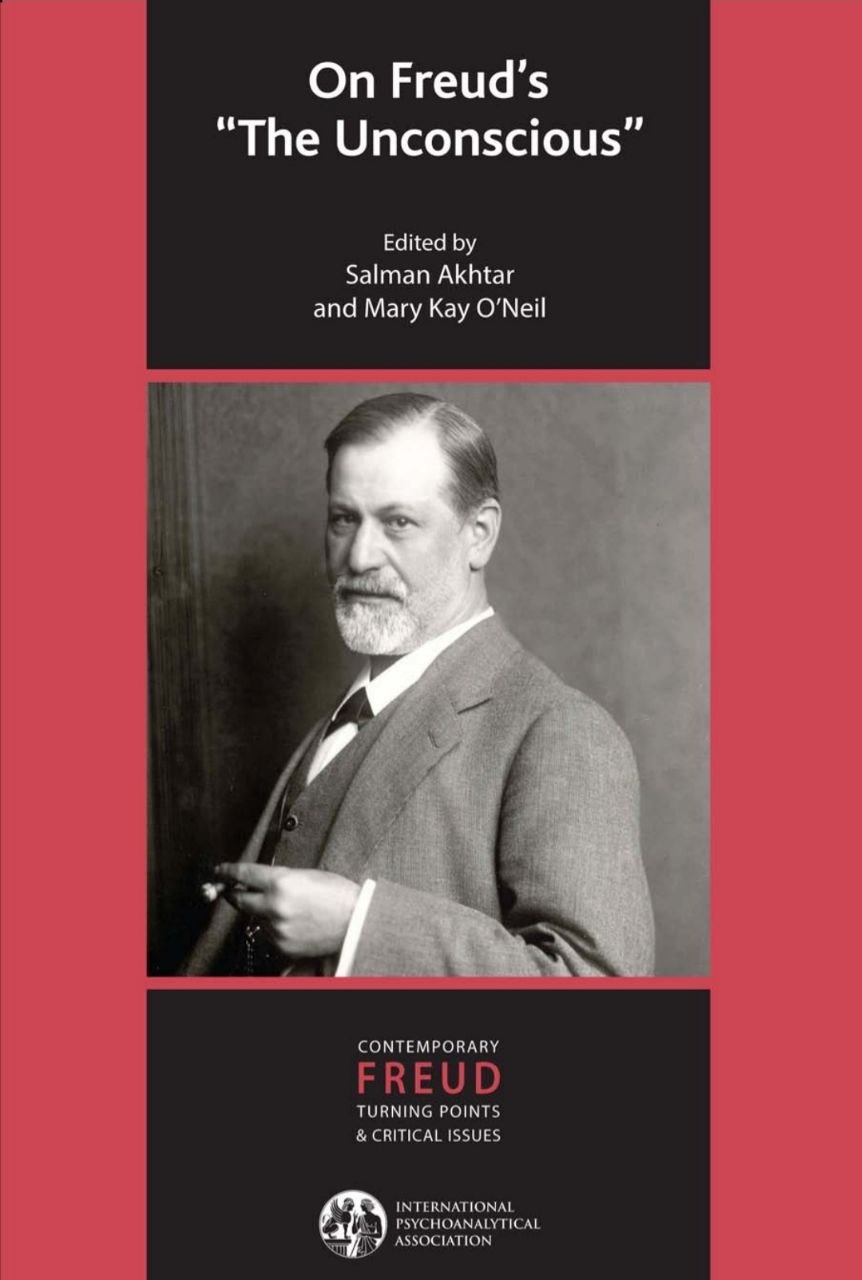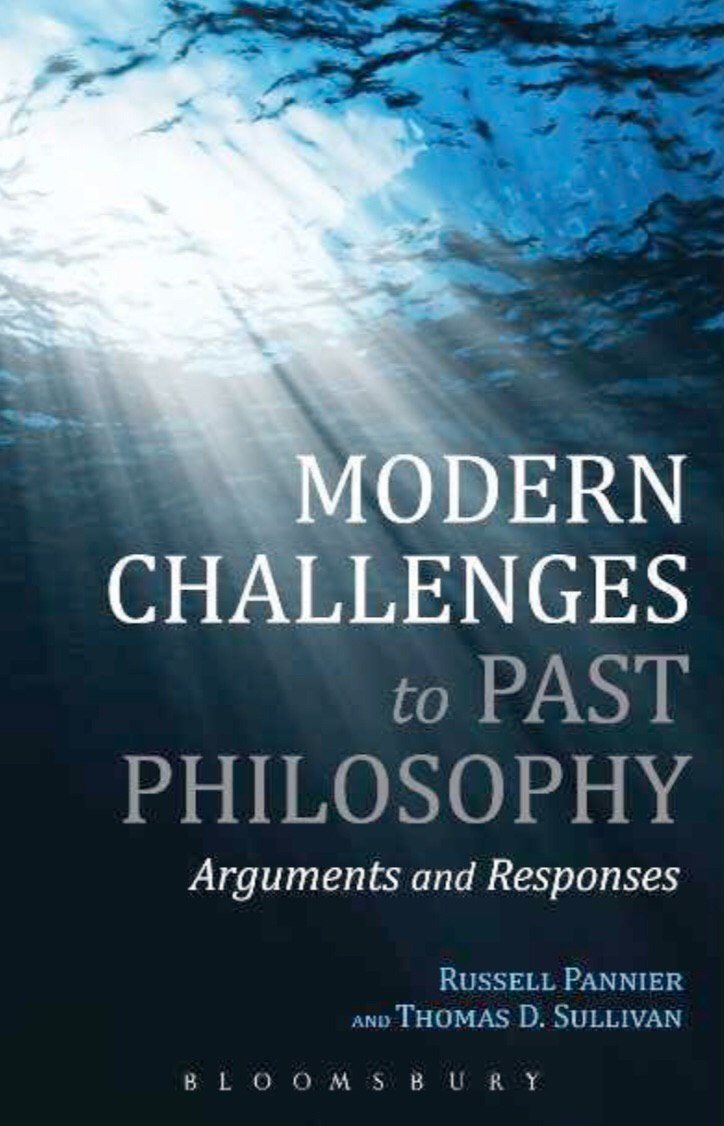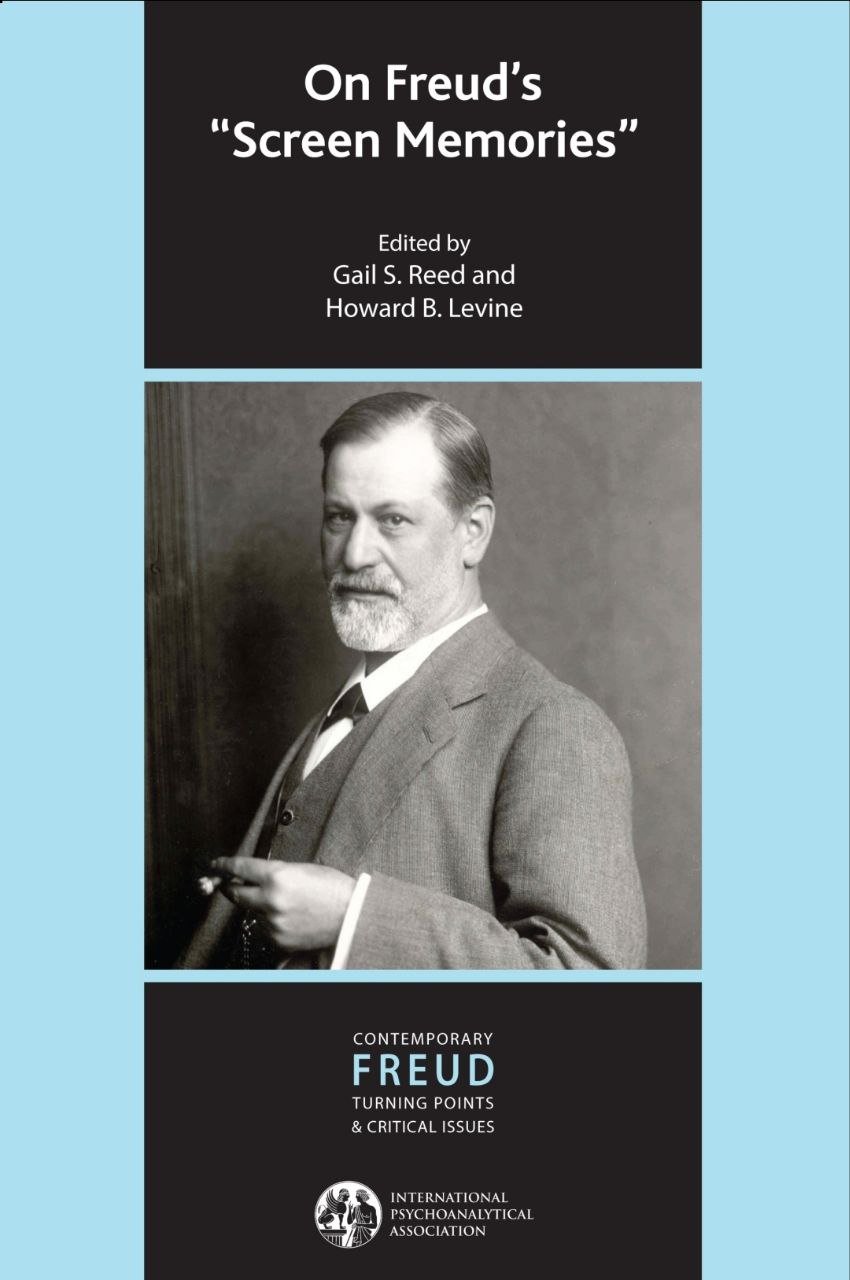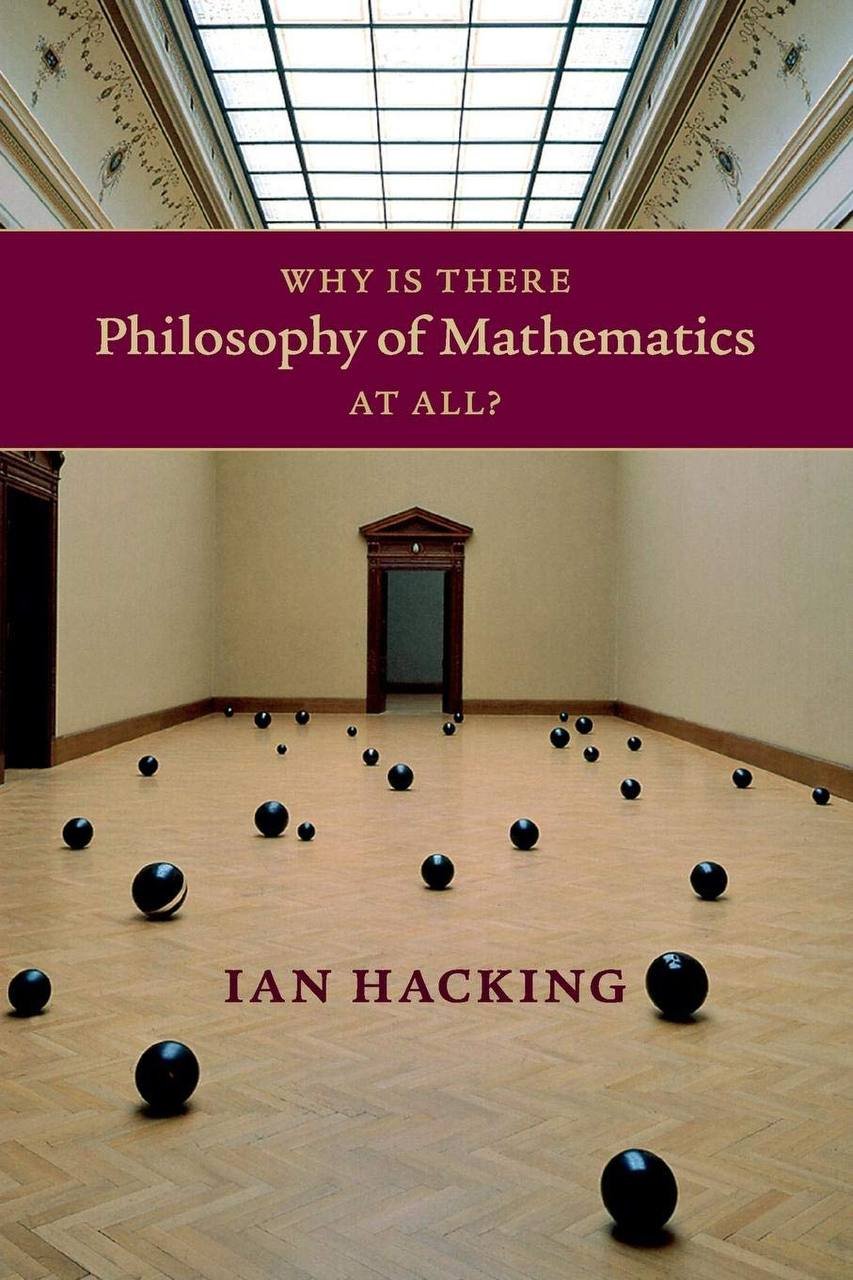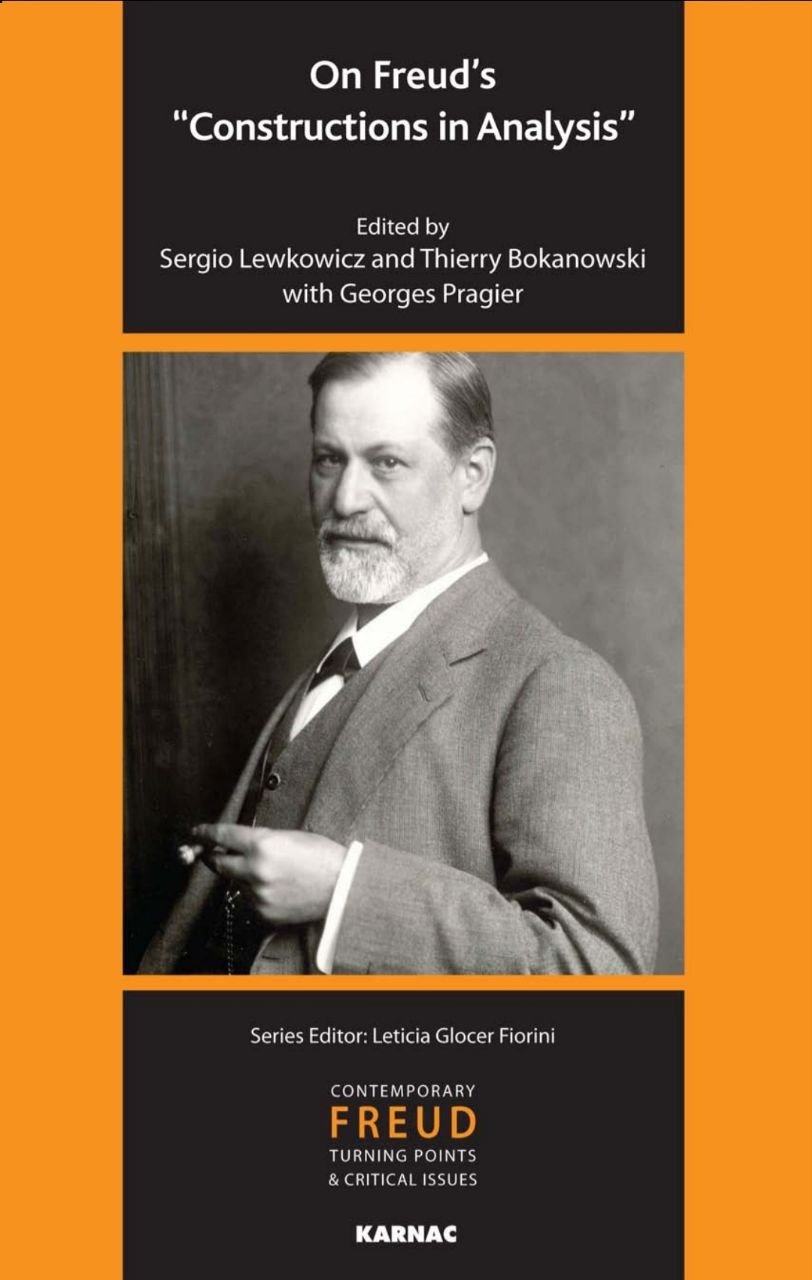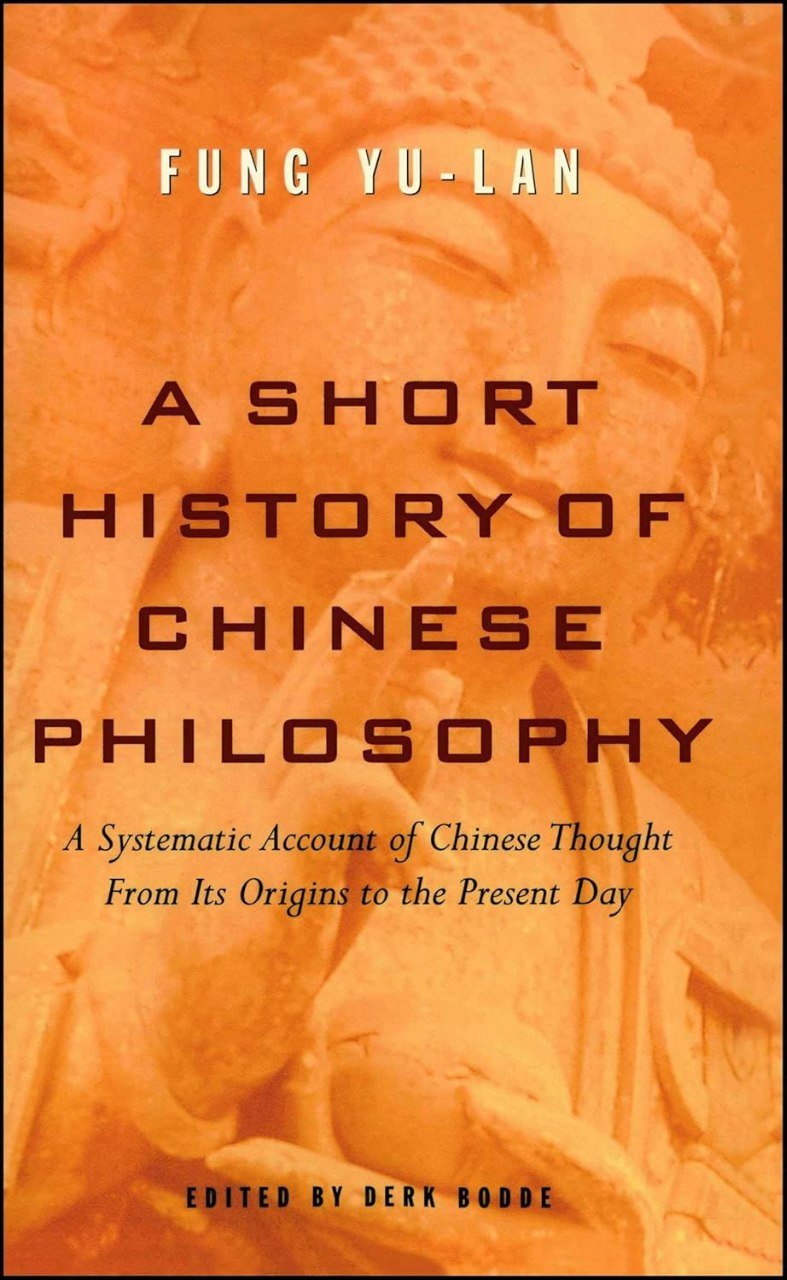
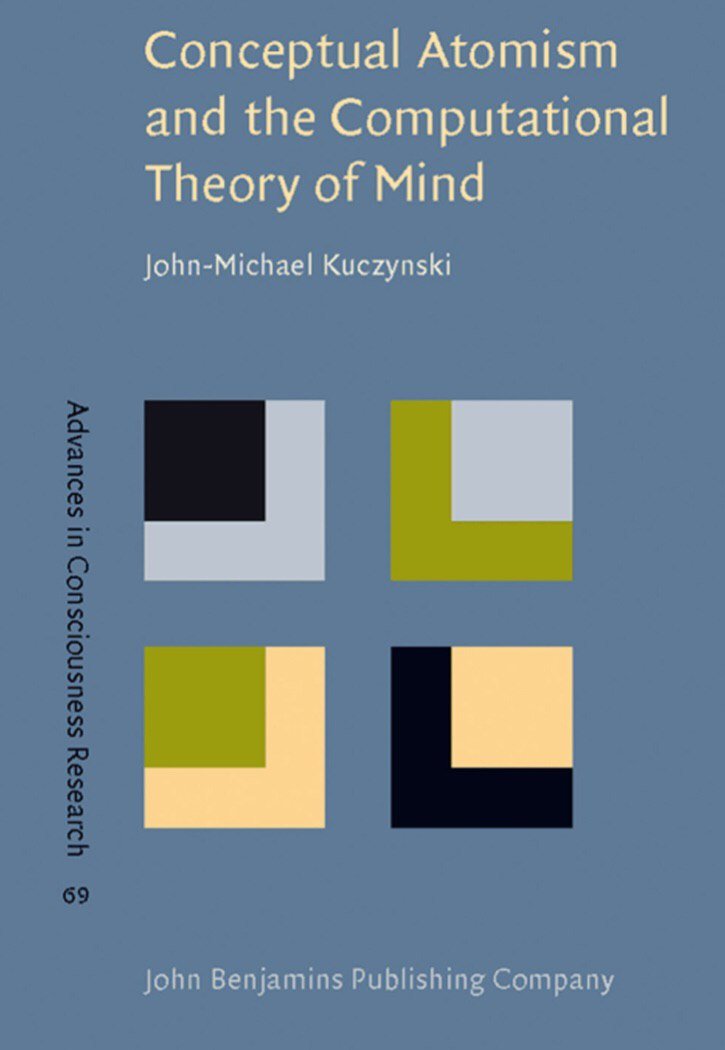
Conceptual Atomism and the Computational Theory of Mind
personal Book Reader
Access your private PDF books securely. Upload and enjoy reading your personal collection anytime.
Read Your Private BookReviews
No review yet. Be the first to review this book!
Description
Conceptual Atomism and the Computational Theory of Mind: A Defense of Content-Internalism and Semantic Externalism by John-Michael Kuczynski is a thought-provoking and scholarly work that explores the relationship between the computational theory of mind (CTM) and the ongoing debate between content-internalism and semantic externalism. Kuczynski delves into how these two perspectives—seemingly opposing views in philosophy of mind and language—can be reconciled in a way that makes sense of human cognition and meaning. At the core of Kuczynski’s argument is the notion of conceptual atomism, a view that posits that mental content can be broken down into discrete, atomic elements that are internally accessible to the mind. He argues that cognitive processes can be understood as computational processes, where the mind operates as a kind of information-processing system, manipulating these atomic concepts in specific ways to generate thought, reasoning, and understanding. However, Kuczynski also defends semantic externalism, the idea that the meaning of words and concepts is partially determined by external factors, such as the environment, social context, or causal interactions with the world. This position directly contrasts with the internalist perspective, which holds that meaning is solely determined by the internal mental states of the individual. By blending these perspectives, Kuczynski presents a novel account of how both internal mental processes and external influences contribute to the generation of meaning and the formation of belief. In particular, Kuczynski draws on insights from the computational theory of mind to argue that even though mental content may be represented in the brain through internal processes, the content itself—what those representations refer to—can be influenced by external realities. This reconciles the internalism of cognitive processing with the externalism of meaning, showing that while the cognitive system operates within the confines of the brain, the content it processes is shaped by the broader external world. This book is both a defense and an elaboration of content-internalism and semantic externalism as complementary rather than mutually exclusive frameworks. Kuczynski builds on computational theories of cognition to argue that these two theories are not at odds but rather are parts of a larger, more unified picture of human thought. The computational theory, according to Kuczynski, can accommodate both the internal mechanisms by which we process information and the external factors that influence the content of that information. Conceptual Atomism and the Computational Theory of Mind is a highly academic and deeply technical exploration of these complex issues in philosophy of mind and language. It offers a unique and sophisticated synthesis of internalist and externalist views, making a strong case for how they can be integrated within a computational framework of cognitive science. For philosophers interested in the intersection of semantics, epistemology, and cognitive science, Kuczynski’s work provides an important contribution to contemporary debates in these fields.














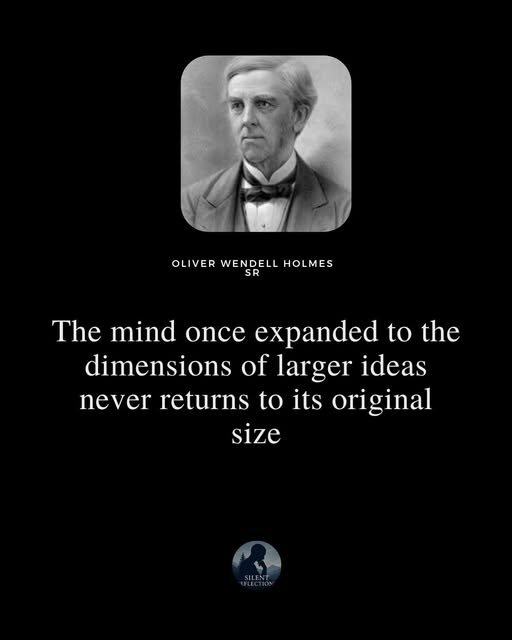





.jpeg)

.jpg)
.jpeg)



.jpg)


.png)











.jpeg)

.jpg)



.jpg)





.jpg)

.jpeg)











.jpg)




.jpeg)




.jpg)


.jpg)










